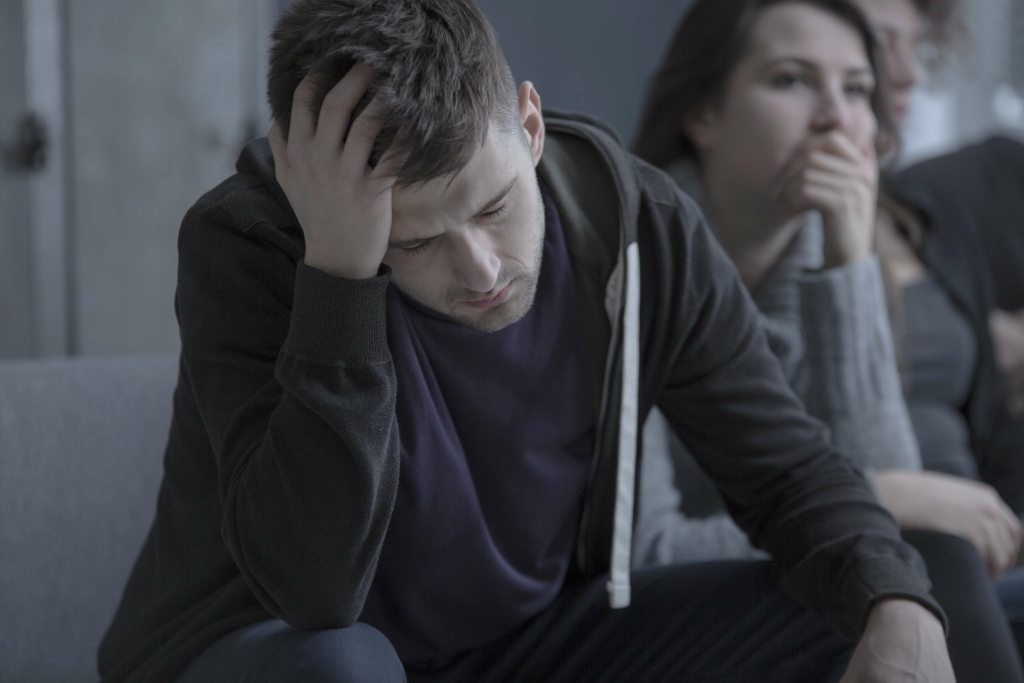Several factors may contribute to alcohol-induced night sweats, such as dehydration and changes in hormone levels. It is recommended to consult a doctor for a proper diagnosis and customized treatment plan. There are a number of ways in which alcohol can contribute to night sweating from drinking alcohol sweats.
Struggling with Trauma, Mental Health or Addiction Issues?
Sweating can irritate the skin, especially if it’s left to dry on the body. A balanced diet rich in B vitamins, magnesium, and protein supports liver function and nervous system regulation. Consider foods like leafy greens, lean proteins, whole grains, and bananas. In some cases, a physician may recommend supplementation to restore depleted nutrients, particularly if alcohol use has affected digestion and absorption.
The Science Behind Body Odor and Alcohol
Remember that night sweats can also be a sign of an underlying medical condition or lifestyle factor. If you are experiencing frequent or persistent night sweats, it’s important to talk to a healthcare professional to determine the underlying cause and develop an appropriate treatment plan. In some cases, cutting back on or quitting alcohol may be one component of this plan. Experiencing night sweats after drinking can be an uncomfortable and puzzling issue. Night sweats, characterized by excessive sweating during sleep, go beyond the usual perspiration and can drench your sheets and pajamas.

What Is a “Dry Drunk”? Understanding the Concept and Its Impact

Join our supportive sober community where each day becomes a step towards personal growth and lasting positive change. These symptoms must greatly affect and cause you not to do well in school, work, or relationships. We aim to support the widest array of browsers and assistive technologies as possible, so our users can choose the best fitting tools for them, with as few limitations as possible.
Alcohol Recovery Steps: A Proven Approach to Overcoming Addiction
If you’re concerned about your drinking patterns, experiencing regular night sweats after consuming alcohol is a valid reason to evaluate your relationship with alcohol. Alcohol is a vasodilator, meaning it causes blood vessels to relax and expand. Initially, this creates a warming sensation as blood flows closer to the skin. However, this expanded blood flow actually accelerates https://thanhlaptrungtamdaythem.com/treatment-of-substance-use-disorders-overdose-2/ heat loss, ultimately lowering your core body temperature. Or perhaps a friend kindly recommended a shower because they could smell it on you.
Women who are going through menopause may be more susceptible to alcohol-induced sweating. Most likely, your body is working overtime to metabolize all the alcohol you just put into it. Halfway house If so, you’ve experienced the unpleasant phenomenon known as alcohol sweats.
- To address night sweats caused by alcohol consumption, one approach is to manage and reduce alcohol intake.
- If you have experienced delirium tremens when you tried quitting in the past, you are more likely to experience these symptoms again.
- Alcohol’s ability to alter the body’s heat regulation mechanisms significantly contributes to the occurrence of night sweats.
Alcohol Night Sweats: When Are They a Problem

The odor is especially sharp, combining stress hormones with lingering alcohol metabolites, and signals a serious medical concern. Alcohol acts as a vasodilator, meaning it causes your blood vessels to widen and relax. This expansion brings more blood flow to your skin’s surface, creating that familiar warm, flushed feeling many people experience after a few drinks. You might feel like you’re heating up, and in a sense, you are, but not in the way you think. If you are suffering from night sweats during alcohol withdrawal at home, there are a few changes you can make.
Inpatient Rehabilitation at Conifer Park: A Structured Path to Recovery
For more information about the relationship between Bicycle Health, Inc. and the Bicycle Health Medical Group, PA and/or Bicycle Health Inc. and the Bicycle Health Provider Group Inc., click here. For informational purposes only, a link to the federal Centers for Medicare and Medicaid Services (CMS) Open Payments web page is provided here. Fortunately, there are new alcohol reduction options that do not require you to identify as an alcoholic, or even quit completely. You can now get weekly coaching support, anti-craving medications, handy digital tools, and more—all from an app on your smartphone. In other words, alcohol tends to move heat to the perimeter of your body—making you feel warmer, while the core of your body is actually cooling down. Your body recognizes it as a toxin, so it tries to get rid of the substance as quickly as possible through perspiration.
Here’s How To Clean Up Your Diet Now That You’re Sober
If you find yourself waking up in soaked sheets regularly after drinking or during attempts to cut back, it may indicate alcohol use disorder or even the early stages of withdrawal. This symptom can appear even in “functioning” drinkers who otherwise manage daily responsibilities. The effects of alcohol on the body are wide ranging and include our central nervous system and circulatory system.
